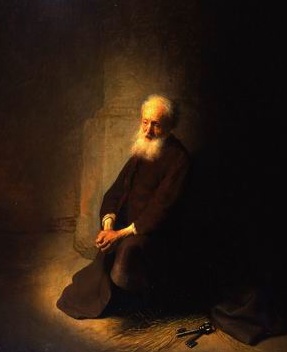 Missional communities are apostolically-shaped communities where the wonders of God are seen.
Missional communities are apostolically-shaped communities where the wonders of God are seen.
As is made clear time and again in Beverly Gaventa’s The Acts of the Apostles (Abingdon New Testament Commentaries) , the Book of Acts describes the mission of God in this world in order to spread the gospel to the ends of the earth.
, the Book of Acts describes the mission of God in this world in order to spread the gospel to the ends of the earth.
Wonders dominate chapter five of Acts, and we quote Acts 5:12-16:
The apostles performed many miraculous signs and wonders among the people. And all the believers used to meet together in Solomon’s Colonnade. No one else dared join them, even though they were highly regarded by the people. Nevertheless, more and more men and women believed in the Lord and were added to their number. As a result, people brought the sick into the streets and laid them on beds and mats so that at least Peter’s shadow might fall on some of them as he passed by. Crowds gathered also from the towns around Jerusalem, bringing their sick and those tormented by evilspirits, and all of them were healed.
Miracles occurred; miracles aren’t the only events that demonstrate the mission of God; making miracles the primary form of God’s work is a mistake. Still, we are left staring at a text that tells some people that they are not getting what they know those early Jewish believers got (miracles); they tell others that we need more faith and we’ll experience the same. But attentive readers know that miracles are not the primary focus. There is a “number focus” here too: the miracles attracted new believers and inquirers. That led to even more healing. The apostle Peter is in the middle of this action and it occurs at what might have been his favorite place: Solomon’s Portico (or Colonnade): cf. Acts 3:11.
Missional communities, at their best, are places where the saving power of God is present and effective.
